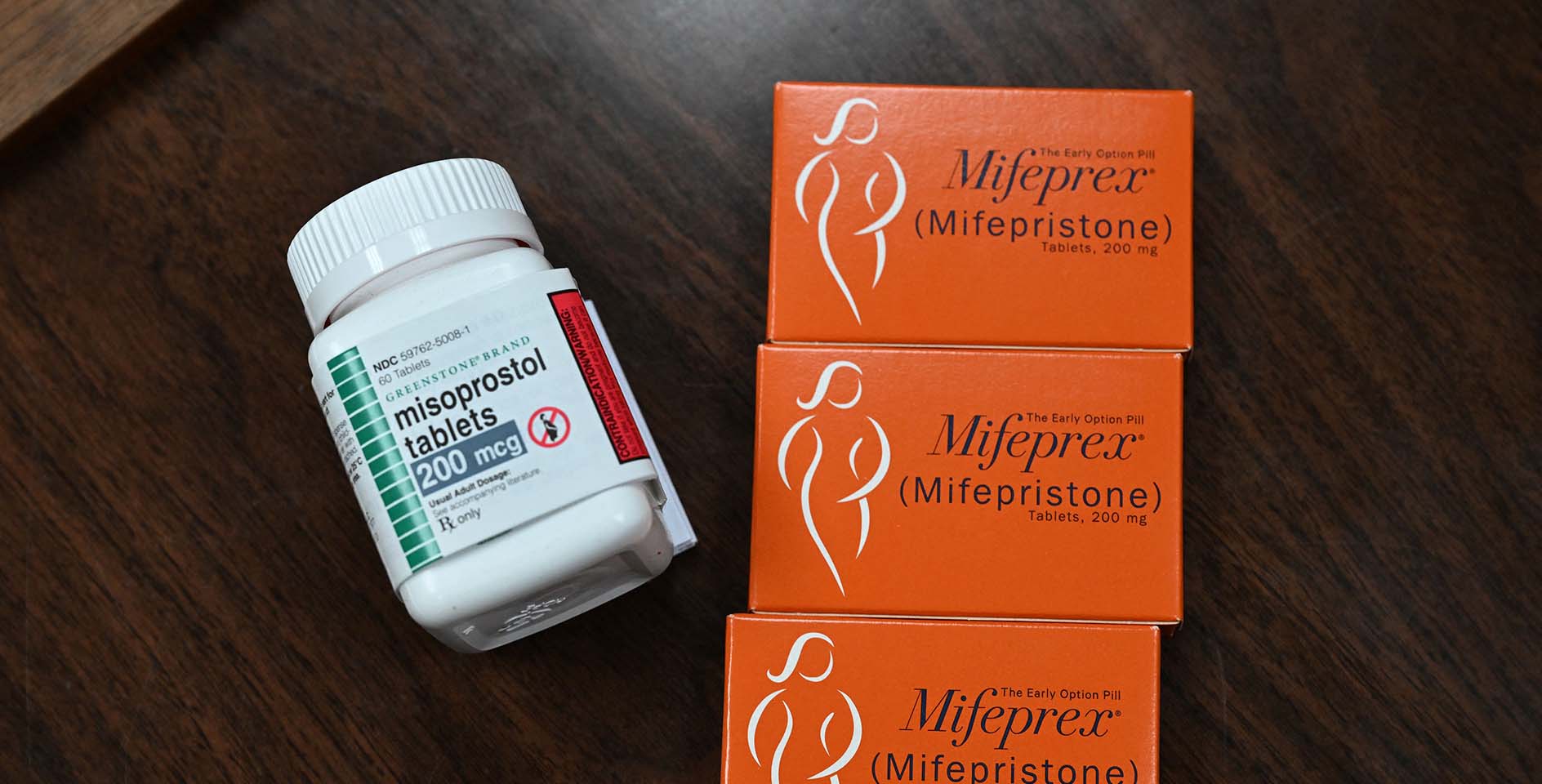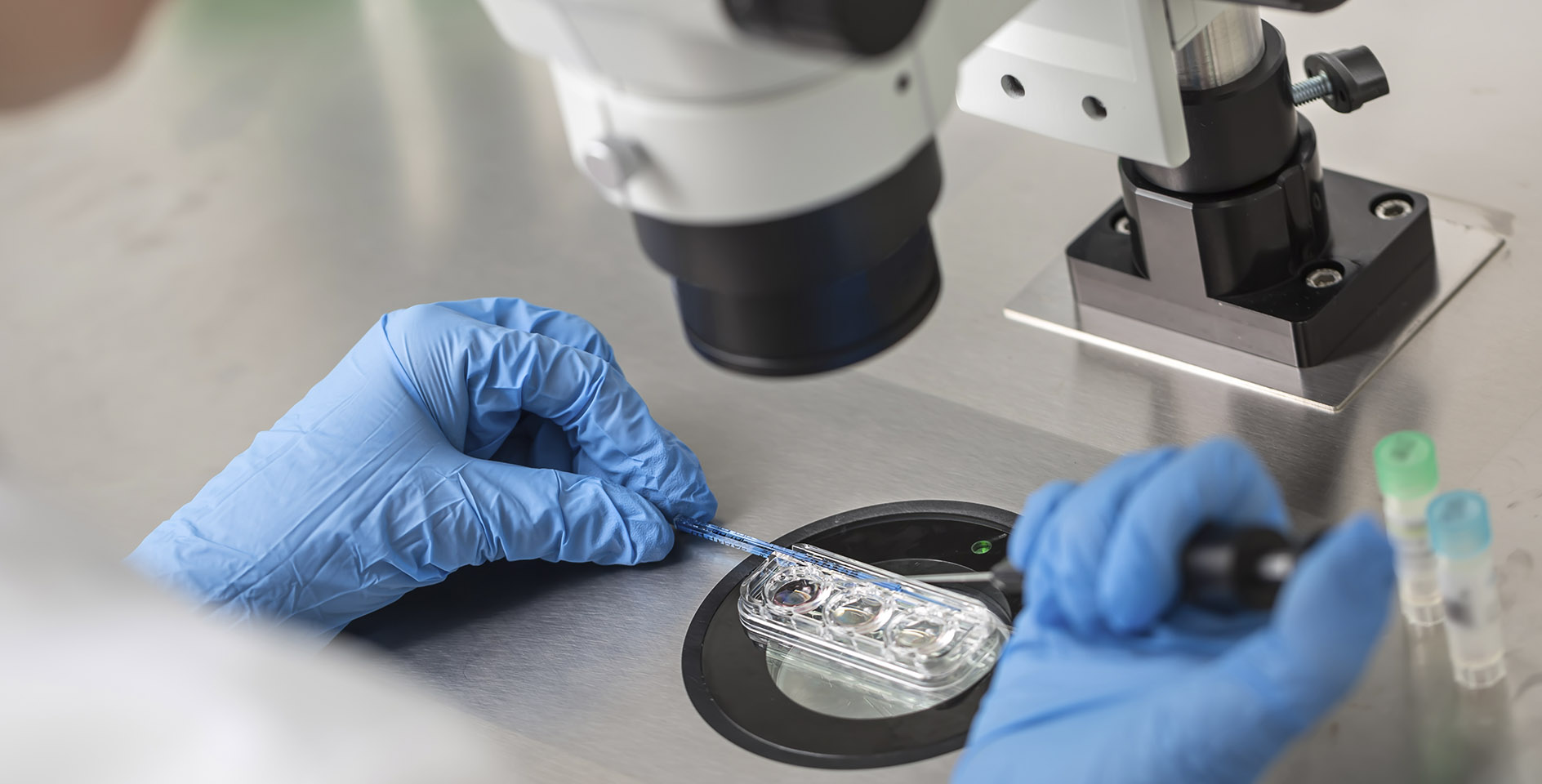Demand for abortion pills has increased significantly since the recent Supreme Court ruling that allowed states to put greater restrictions on abortion. Axios reports that organizations that provide information about or access to abortion pill has skyrocketed in the weeks since the Dobbs decision was released. The result is that chemical abortion is likely to become even more common in the near future. Over half of abortions in the U.S. (54%) in 2020 were medication-induced, up from 39% in 2017, according to the Guttmacher Institute, a research organization that supports access to abortion.
Here is what you should know about abortion pills.
What is an abortion pill?
The abortion pill is the most common type of chemical abortion.
The two broad methods for legal abortions in the U.S. are chemical and surgical. A chemical abortion (sometimes referred to as a medication abortion, medical abortion, or pharmaceutical abortion) is a method that uses an abortifacient to stimulate uterine contractions and end the pregnancy in a process similar to miscarriage. An abortifacient is a chemical or drug that causes embryonic death by either killing the child directly or by preventing implantation of the embryonic child in the uterine lining.
While all abortion pills are abortifacients, not all drugs that have, or may have, an abortifacient effect are classified as abortion pills, which have an abortifacient intent. For example, some forms of “emergency contraceptive” may prevent implantation and therefore cause the death of an embryo, but because their intent is not to cause abortion, they are not generally considered abortion pills.
How do abortion pills work?
The method approved by the Food and Drug Administration (FDA) for chemical abortions is a two-step process involving the drugs mifepristone and misoprostol. Mifepristone (brand name Mifeprex) ends a pregnancy by blocking the hormone progesterone, which is needed to maintain a pregnancy. Because this hormone is blocked, the uterine lining begins to shed, removing the child (in the embryonic state) that was attached. The second step, which occurs 24 to 48 hours later, requires taking misoprostol which causes the woman to expel the child and the uterine lining in a matter similar to a miscarriage.
How do abortion pills differ from “emergency contraceptives”?
Emergency contraception—sometimes also known as the “morning after pill”—is a method of contraception that is taken after sexual intercourse with the intention of preventing pregnancy by delaying ovulation (i.e., the process in which a mature egg is released from the ovary).
There are three main types of emergency contraception approved for use in the United States. The first type uses Levonorgestrel (Plan B One-Step, Next Choice One Dose, After Pill, Take Action, and My Way). As with oral contraception, it is unclear whether this drug can ever have an abortifacient effect.
What is Mifeprex (RU-486)?
The most common drug used for medical abortion is Mifeprex, the brand name for mifepristone, a drug that was formerly known as RU-486. The drug was developed in France in the 1980s and banned by President George H.W. Bush Administration’s FDA in 1989. In 1993, President Bill Clinton asked the FDA to review the ban, which was lifted in 2000.
Currently, the drug is approved by the FDA provided it is “dispensed in certain healthcare settings, specifically, clinics, medical offices and hospitals, by or under the supervision of a certified prescriber.” In 2016, the FDA extended the time the abortion pill could be taken to 70 days into a pregnancy. In December 2021, the FDA relaxed some of the rules on mifepristone, allowing patients to pick up the drug at their pharmacy or receive it in the mail.
(Despite how the name might sound—“Are you for 86?” (“86” being slang for ejecting something or someone—RU-486 was derived from the initials of the French pharmaceutical company that patented the drug (Roussel Uclaf) and the serial number (486).)
Is the ‘abortion pill’ restricted by state bans?
It’s currently unclear whether states have the power to restrict abortion pills. After the Dobbs ruling, Attorney General Merrick B. Garland said, “States may not ban Mifepristone based on disagreement with the FDA’s expert judgment about its safety and efficacy.”
Greer Donley, an assistant professor at the University of Pittsburgh School of Law, said that Garland’s statement “was really a nod to the idea that state abortion bans theoretically have to have an exception that allows the dispensing of medication abortion.”
According to the Guttmacher Institute, 32 states require that the provider who administers a medication abortion be a physician. If abortion is illegal within a state, a physician licensed within the state would be unable to prescribe an abortion pill.
How do telemedicine restrictions limit the use of the abortion pill?
Telemedicine is the use of electronic communications and software to provide medical services that are usually offered in a clinic without an in-person visit. The COVID-19 pandemic increased the popularity of telemedicine, and it became increasingly possible to visit a physician by phone or computer and have a abortion pill mailed to one’s home.
Organizations that provide telemedicine in the U.S., however, are subject to state laws. Currently, 19 states require the person (doctor, nurse practitioner, or physician assistant) providing a medication abortion to be present when the patient takes mifepristone. This prohibits the use of telemedicine for the procedure and prevents doctors from other states from prescribing the abortion pill. More states that ban abortion may choose to implement such restrictions in the future.
However, women seeking chemical abortions in states that ban the procedure are already finding ways to get around the laws. For example, there has been an increase in the use of telemedicine organizations that operate in foreign countries, which are able to circumvent state and federal laws and mail the abortion pill directly to anyone in the U.S.
Women seeking a chemical abortion may also be able to use telemedicine within a state that allows abortion and have the abortion pill sent to someone they know in the state or remailed from an in-state address to their own home.
Thus, Christians must work to ensure that they do not confuse the passing of pro-life legislation or the overturning of the precedents in Roe and Casey as the end of the fight against abortion. Important as that is, if people still desire abortions, these pills will be available. Christians must work tirelessly to proclaim the dignity of every human life and address those factors that lead women to consider abortion.









